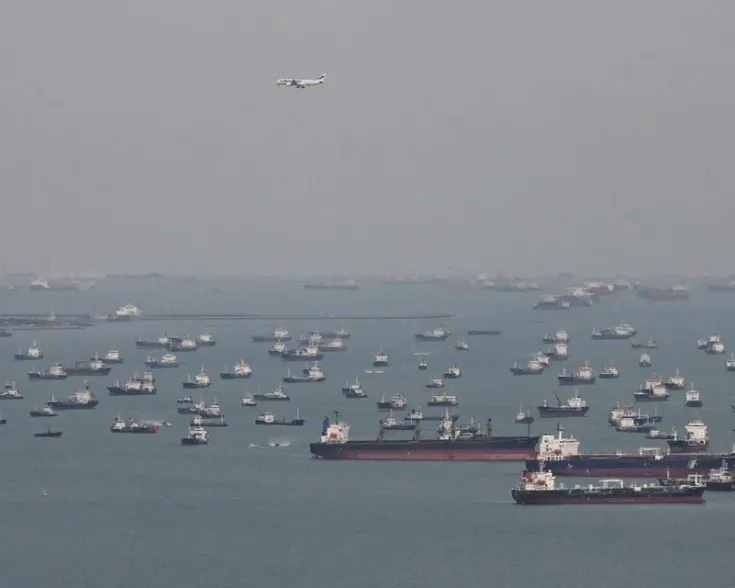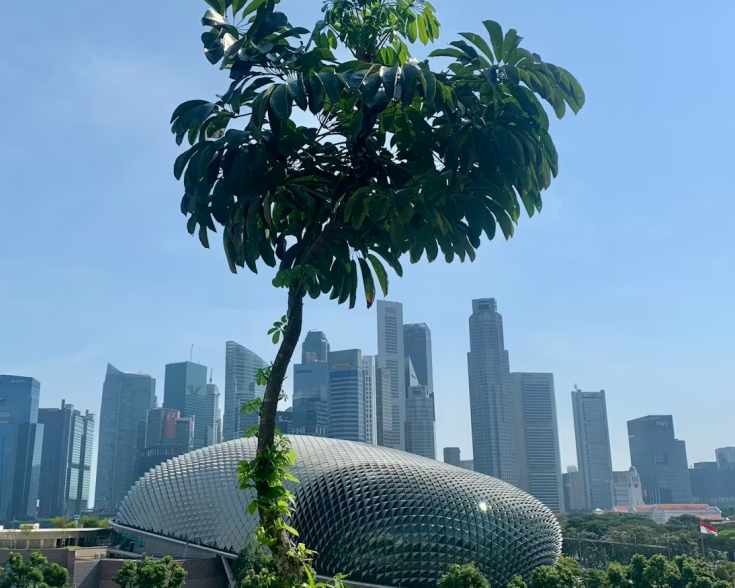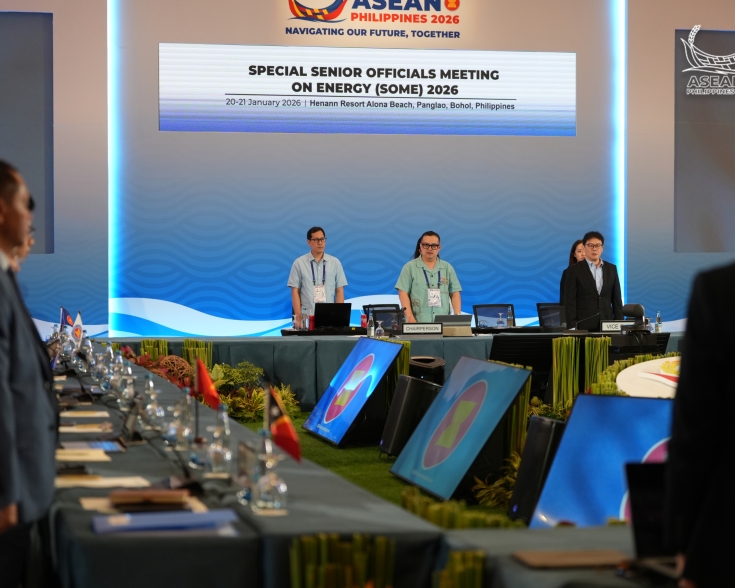Brunei Energy Reform
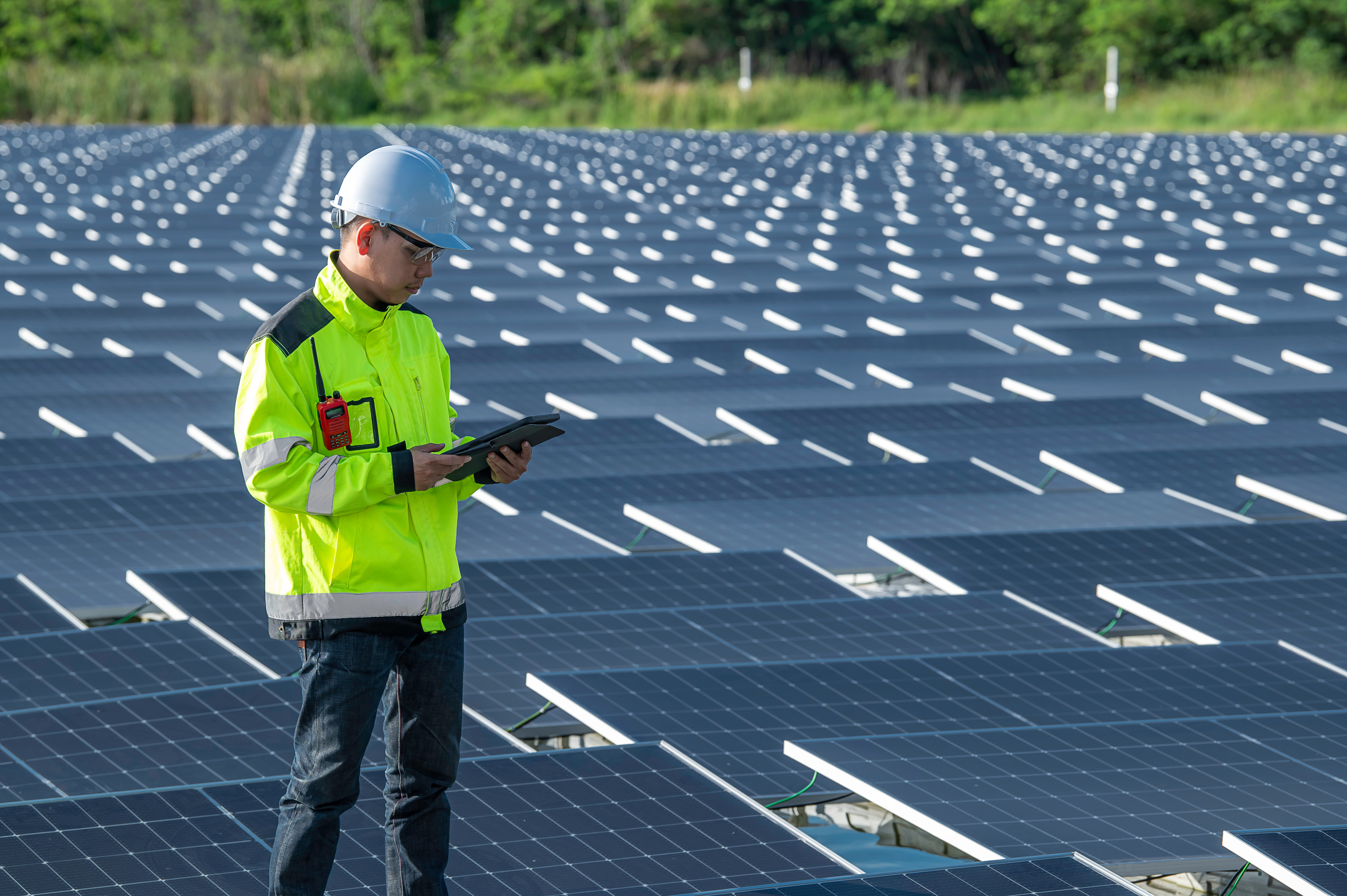
The Government of Brunei is undertaking major reforms to improve energy efficiency in the power sector, aiming to boost generation efficiency from 28% to 50% by 2035. Currently, nearly 70% of electricity is generated by aging, inefficient single-cycle plants. To address this, the government plans to bring new power plants online by 2027–2028 using Combined Cycle Gas Turbine (CCGT) technology, pushing efficiency past 35%. Alongside infrastructure upgrades, Brunei’s climate policy mandates a minimum efficiency of 48% for new plants and aims for 30% renewable energy, primarily solar, by 2035. High per capita electricity consumption, coupled with $500 million in annual subsidies, has prompted authorities to expand smart meter use and restrict energy-inefficient appliances to curb usage.
Over the past five years, as a part of its economic diversification efforts, Brunei has been upgrading its power generation to modernize infrastructure, reallocating resources to more productive economic sectors. Brunei’s efforts to enhance energy infrastructure and renewables are in line with the ASEAN Power Grid (APG) initiative that aims to integrate cross-border power. Other initiatives like smart metering and efficiency labeling could reduce business costs and attract investment in technology and digital infrastructure. These developments support Brunei’s vision for cross-border investment, something that Malaysia is exploring with Brunei, similar to the Johor-Singapore Special Economic Zone cooperation model.



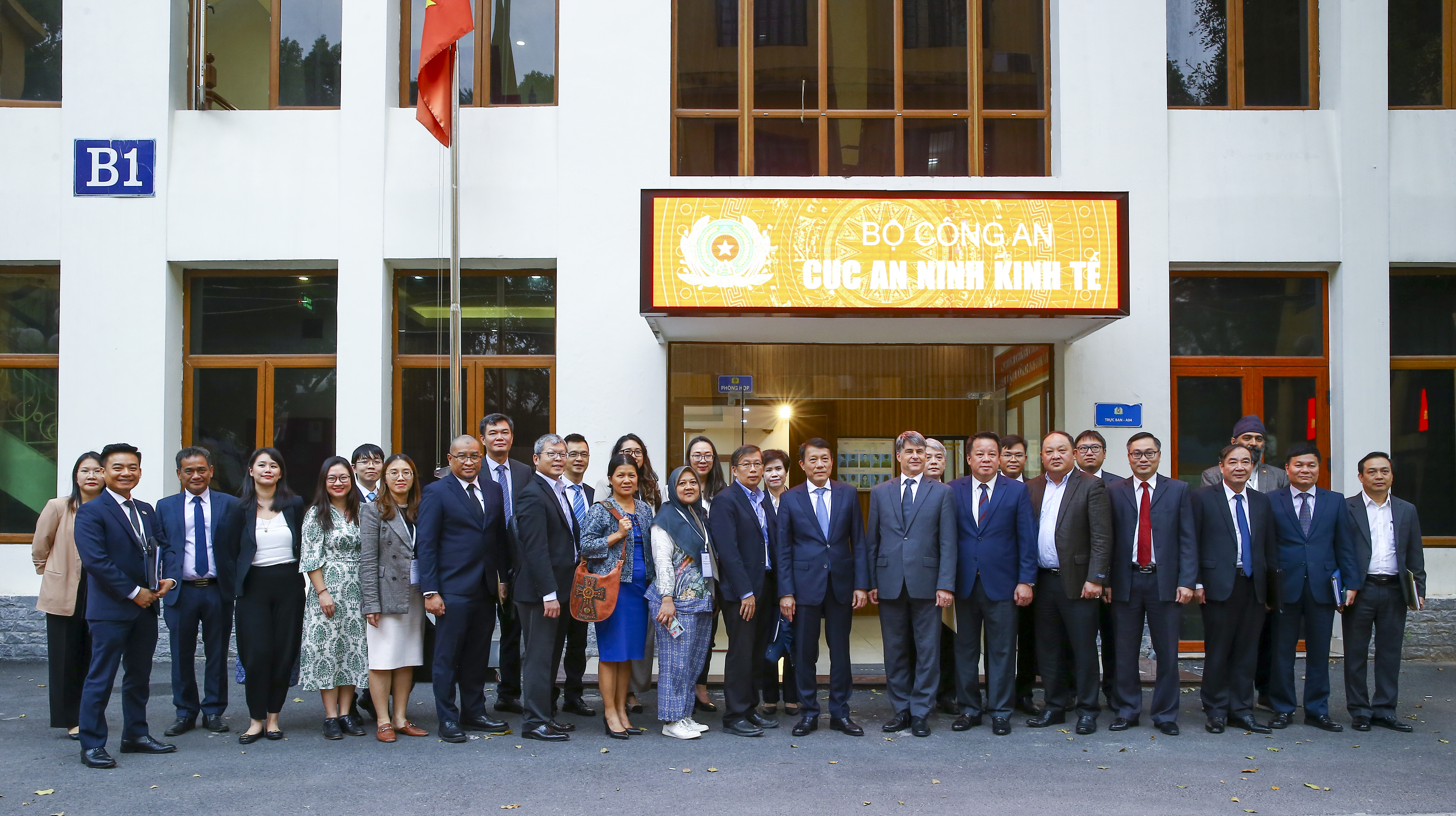

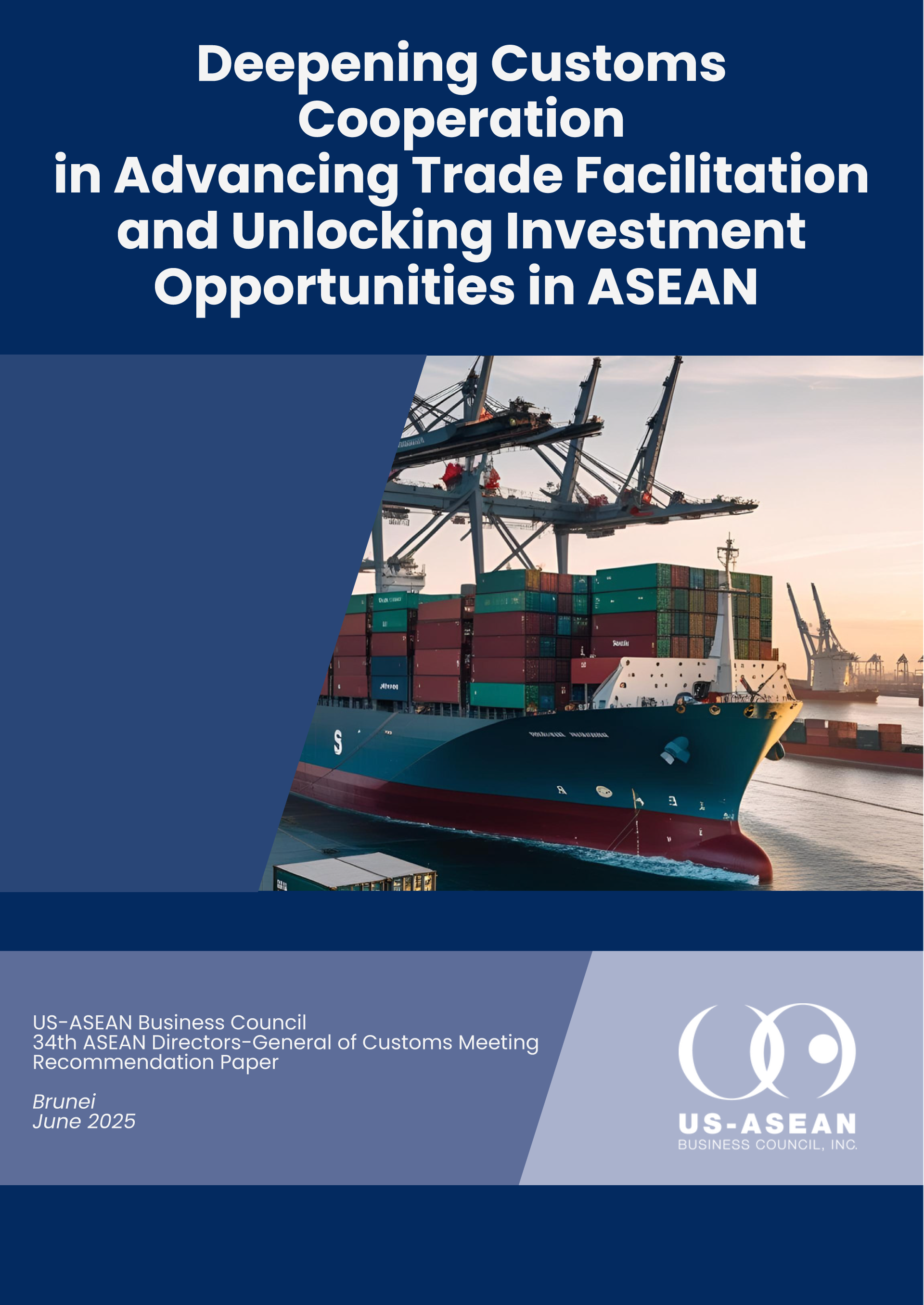
![Cover-[USABC-Final]-Driving-ASEAN-Unity-Malaysia's-Vision-for-2025](/sites/default/files/2025-07/Cover-%5BUSABC-Final%5D-Driving-ASEAN-Unity-Malaysia%27s-Vision-for-2025.jpg)
